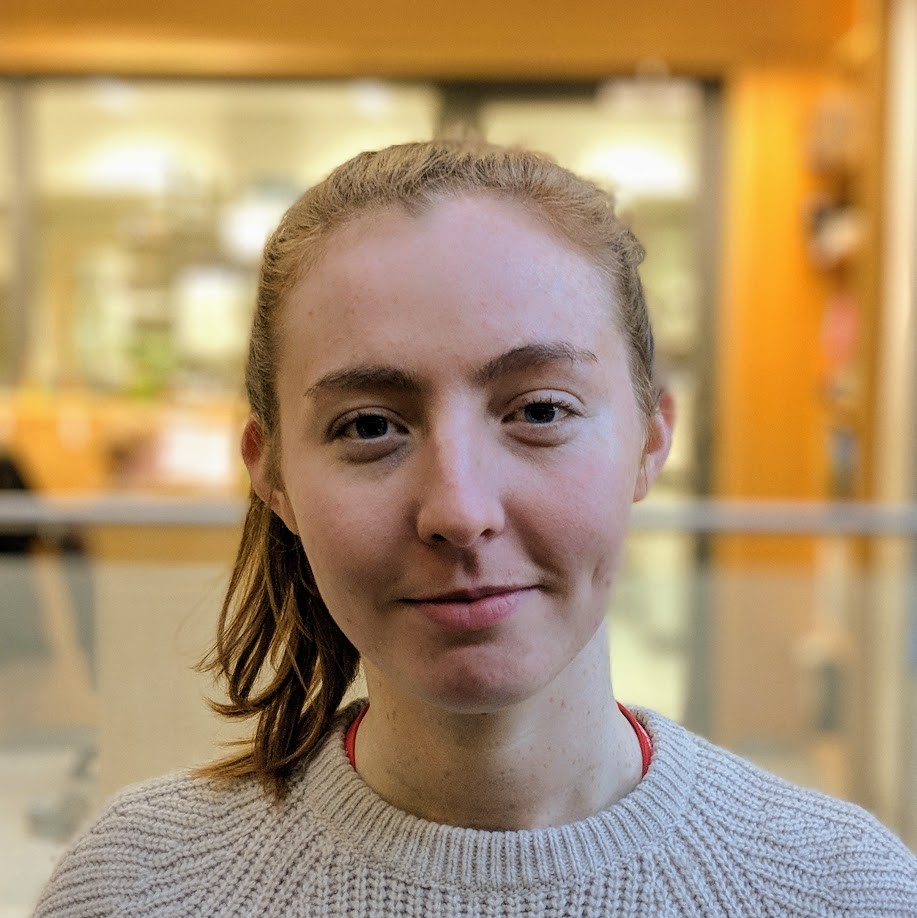Prof. Paul Freemont's research focuses on the molecular mechanisms of human disease using the tools of integrated structural biology comprising X-ray crystallography, Cryo-EM and associated biophysical, spectroscopic and cellular techniques. In addition, Prof. Freemont is an internationally-leading synthetic biologist with active research interests in cell-free biotechnologies and global health bioreporters.
Freemont lab members:
PhD student.
Caoimhe’s project is focused on developing metrology standards for mammalian cell-free systems
Michael is currently a Research Assistant in the Freemont group working on Low Cost Viral Diagnostics as a part of a GCRF project, together with collaborators at the University of Cambridge, CSIR and University of Pretoria (South Africa). He is also a part of the UK DRI Care Research and Technology Center focusing on developing point of care diagnostics.
Matas is a PhD student interested in automation and biotherapeutics. He is working on developing a workflow for prototyping proteins using cell-free systems and machine learning
Matthew is working on a joint research collaboration with Richard Murrays lab at Caltech and funded by the NSF and EPSRC, the project is focused on developing new metrology for synthetic biology cell free systems.
She has been working in research for over 20 years. She began her career in Hamburg at the Heinrich Pette Institute - Leibniz Institute for Experimental Virology, where she worked on the molecular basis of Acute Promyelocytic Leukaemia
Dr Richard Kelwick is a senior research associate and recent Royal Society of Edinburgh Enterprise Fellow (2018-2019), with expertise in both cancer biology and synthetic biology. He is developing bio-inspired extracellular vesicle (EV) diagnostic and manufacturing technologies.
Twitter: @rkelwick
Laboratory Manager
Soo Mei is the Laboratory Manager for the Department of Infectious Disease. She earned her PhD in drug discovery for cancer research from The University of Manchester before joining the Chemistry Department in Imperial College London, focusing on peptide synthesis and assay method development for antifungal research. She then joined the London Biofoundry team as Analytical Scientist, enabling researchers and companies in advancing and commercialising their Synthetic Biology research.
Research AssociateMonisha was a Marie Curie Sklodowska Fellow within the ITN Translocation project and was enrolled in a PhD program at the Institute for Cell and Molecular Biosciences (ICaMB), Newcastle University, UK. She completed her PhD in 2018.
Currently, Monisha is a postdoctoral fellow at MRC Centre for Molecular Bacteriology and Infection (CMBI) in Imperial College London, in the research programme led by Prof. Angelika Grundling and Prof. Paul Freemont. Her work here is focussed on providing structural and mechanistic insight into the activity of diadenylate cyclase DacA, an essential membrane protein responsible for the production of c-di-AMP in Staphylococcus aureus.
Microbiologist with a research focus on engineering bioreporters for global health.
Twitter: @ajwebb1979









